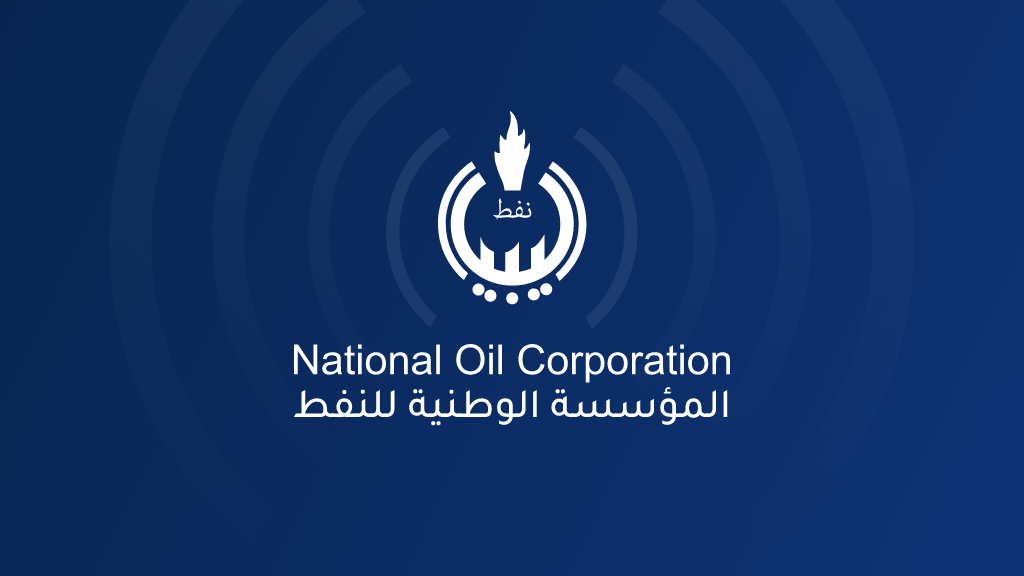News
Categories
Archive
| News
NOC Chairman advocates for diversification, individual empowerment as tools for economic development and reconciliation
Libya’s National Oil Corporation (NOC) Chairman, Eng. Mustafa Sanalla, has called for a programme of economic transformation alongside the political process to solve protracted competition over Libya’s oil wealth.
Speaking at the Atlantic Council, an internationally-renowned think tank, on Friday, October 18, 2019, the NOC chairman presented a series of technocratic policy responses. His speech covered heightened fiscal transparency initiatives and subsidy reform, restructuring the Petroleum Facilities Guard and launching a fund for oil-hosting communities.
Despite NOC experiencing Libya’s third civil war in less than a decade, as well as persistent disinformation campaigns that aim to fracture the Corporation, Mr. Sanalla remained optimistic: “Almost every Libyan has a strong shared interest in NOC succeeding. Not only are the Libyan people the effective shareholders of NOC, but we all depend on NOC. With the right conditions, NOC has the potential to prosper.”
Warning of the risk of oil crowding out other sectors of the economy, the chairman urged a move away from a system of entitlement to one of earned income: “Oil cannot be the only game in town. We need to take our fate into our own hands and develop our own strategy for national recovery. Our young people need to develop a sense of initiative and self-reliance. Our institutions need to create opportunity. And the relevant ministries have an absolutely crucial role to play in ensuring that our people are able to acquire useful skills, and that regulatory impediments to establishing private sector businesses are removed.”
Karim Mezran, Resident Senior Fellow at the Atlantic Council, said: “Mustafa Sanalla has shown a great deal of capability in maintaining the efficiency of the technical side of NOC, keeping field workers and technicians united and safe and working tirelessly to maintain infrastructure, but he has also shown patience and intelligence in dealing with the precariousness of the political realm in Libya.”
